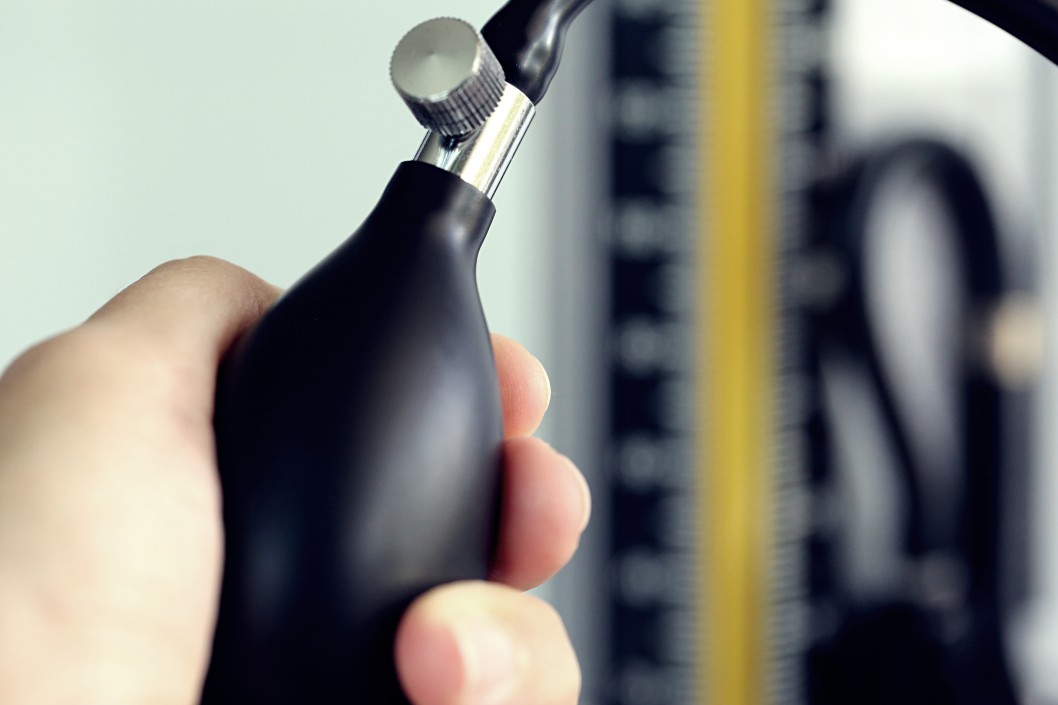Why Garlic Is Good For Heart Disease Prevention
Cardiovascular diseases are on the rise. Not just in one particular country, but all over the world, the number of deaths caused by heart disease has significantly increased, and almost 30% of the total global deaths in 2008 were due to this. Also, it is has been predicted that by this year, heart diseases are going to be the major cause of mortality even in the most developed nations. Thus, this is a serious threat to mankind.
So, what can be done to shield ourselves from the life-taking cardiovascular diseases? Let us find out.
Composition of garlic
Garlic consists mostly of water, which makes up 65% of its total weight. Moreover, the dry mass of garlic contains carbohydrates that have fructose, sulfur compounds, protein, and fiber. Also, it consists of a high amount of saponins, phosphorus, potassium, sulfur, zinc, with moderate amounts of selenium and Vitamins A and C, and low amounts of calcium, magnesium, sodium, iron, and manganese. Hence, the majority of these nutrients are soluble in water, which means they do not give a hard time to the body for digestion. Also, the chemical allicin, an antioxidant, which is found in garlic, has many positive effects on human health.
Garlic for prevention of heart diseases
- Garlic as an herb
Garlic comes with some amazing medicinal properties. This herb is commonly used in spices and our food. So, it is one ingredient that can help us to prevent cardiovascular diseases. Garlic is believed to be beneficial in protecting us from hypertension and dyslipidemia.
- Lowers cholesterol and fat
Garlic comes with a specific enzyme that plays a role in cholesterol and fatty acid synthesis. This enzyme is part of the biosynthesis of cholesterol in your body. In addition to this, it also reduces the level of lipid buildup in our bodies. When fatty deposits reduce, they do not accumulate on the walls of arteries leading to and from the heart. Consequently, our cholesterol and fat levels are balanced, which reduces our chances of acquiring heart diseases.
- Maintains blood pressure
This amazing herb can also contribute to keeping our blood pressure at an optimum level. Garlic juice has certain benefits on our heart rate if taken in the required amount. However, if you consume it more than it is required, then you may experience adverse effects. γ-Glutamylcysteines is a compound found in garlic. It helps in lowering our blood pressure.
- Prevents blood coagulation
Intake of garlic reduces the coagulation of blood in the walls of arteries that transport blood from the heart and back to it. Thus, the circulation of blood improves by stopping lipid peroxidation and hemolysis in oxidized erythrocytes. Moreover, garlic also increases the fluidity of erythrocytes. This enables the blood to flow efficiently around the body without any obstruction that may be caused due to clotting. As a result, the function of the heart will not be disturbed, and it will perform healthily.
Other prevention methods for heart diseases
Apart from garlic, there are a few more preventive measures you can take to stay safe from cardiovascular diseases. Please have a look at them below.
- Regular exercise
Exercise is always super-beneficial for your body. If you exercise regularly, then you lower your chances of getting many diseases, including heart problems. A good amount of exercise helps in strengthening your heart, hence improving blood circulation around the body. Also, it lowers cholesterol, as well as blood pressure. When these factors are kept in check, you will reduce your chance of suffering from heart disease.
- Maintain a healthy body weight
It is a common fact that obesity can increase your chances of getting a disease related to the heart. When you are overweight, you suffer from high cholesterol levels and blood pressure. Unnecessary weight also causes an extra buildup of fats in your body. All these things can put you at a higher risk of acquiring heart diseases. Thus, you must be highly vigilant when it comes to your weight.
- Take a healthy diet
Limiting the intake of sugars and animal fats is an important step in a healthy and balanced diet. Excess consumption of sugars and fats can lead to higher cholesterol and sugar levels in your blood. Therefore, it is recommended to take a diet consisting of fresh vegetables, fruits, whole grains, pulses, etc. They contain the right nutrients that your body needs to combat diseases.
- Do not take stress about unimportant things
Stress is very bad for your body and mind. It increases your blood pressure and blood sugar level, thus putting you at risk of diabetes. This can lead to heart diseases, such as hypertension. Intense stress can also act as a trigger for a heart attack. Therefore, you must manage your stress through exercise, yoga, meditation, etc. On the other hand, if you go for other coping mechanisms, like smoking, heavy drinking, or overeating, then you will probably increase your chances of suffering from heart disease.
- Limit your consumption of alcohol
Heavy drinking can also contribute to the development of the cardiovascular disease. Along with raising your blood pressure, alcohol can also add unnecessary calories to your body. As a result, the chances of developing heart disease increase.
- Have a regular sleep schedule
The recommended hours for average sleep is 7 to 9 hours daily. If you do not take a night of proper sleep, then you might increase your chances of experiencing diabetes, high blood pressure, and obesity. And, as we know, these three factors lead to heart diseases. Hence, stick to a regular sleeping schedule if you want to lower your chances of getting those problems.
In the end, we hope you have learned enough about how to protect yourself against lethal heart diseases through various methods. However, if you are searching for a good place to get a check-up for any of the signs related to heart disease, then, South Florida cardiovascular specialist clinic is the place to go to. We have professionals who will examine you and guide you on any treatments you may need.





